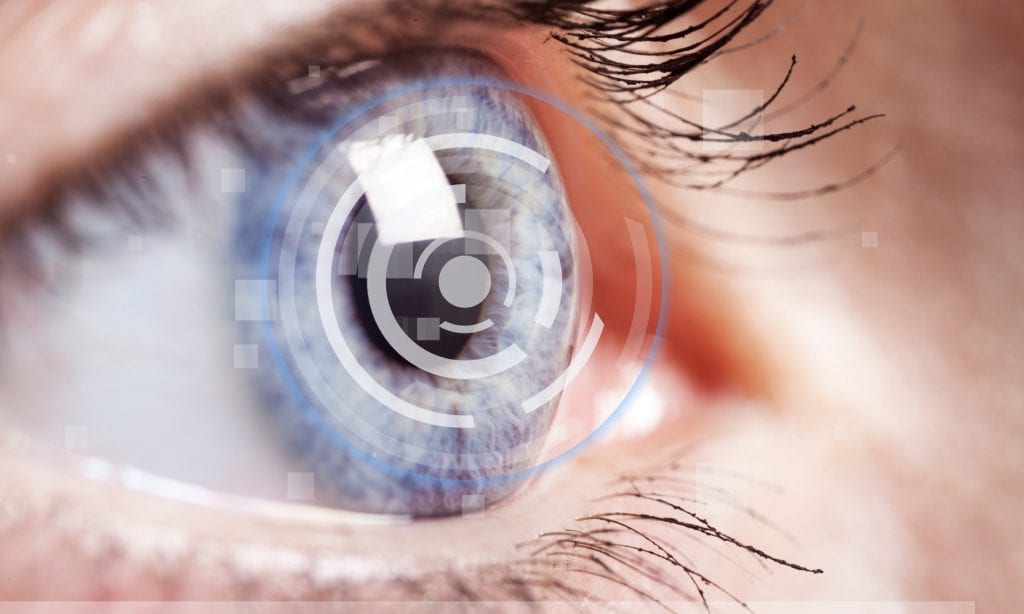Payroll cards help the poor get access to financial services they can’t get anywhere else and should not be judged solely by the bad press they are receiving, according to University of California Berkeley Professor Ben Mangan, who also runs a nonprofit that focuses on developing savings for low income people.
From Mangan’s blog:
Prepaid cards are important because of how inaccessible the old financial mainstream can be for low wage workers, for a dizzying array of reasons that push people toward using very high cost check cashers (fees for cashing checks can reach $1,000 per year for low income workers in San Francisco), and deny them the ability to easily pay bills, build credit and build wealth. Despite the promise of prepaid, let’s not sugarcoat the dangers- there are many prepaid cards on the market chock full of horribly predatory fees and terms that harm people and their families.
Mangan recognizes the pros and cons of prepaid and payroll cards, but makes an important point when he says that not all cards are the same, and so it is a mistake to condemn all programs:
But if you are truly committed to finding ways to financially empower low income workers, it’s a huge mistake to throw the baby out with the (opaque, fee-laden) bathwater.
In the hunt for good stories, it is easy to look for a villain, but the real story in payroll cards is much more complicated.
Click here to read more from Mangan’s blog post.
